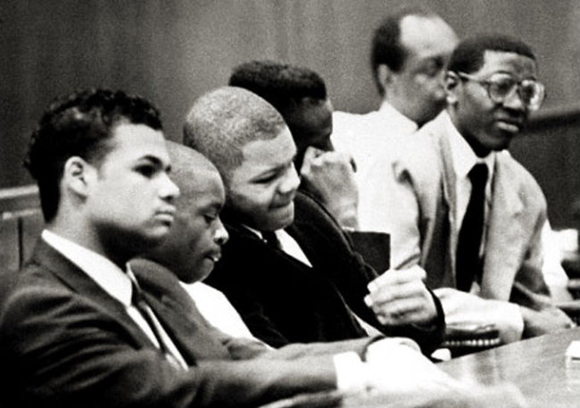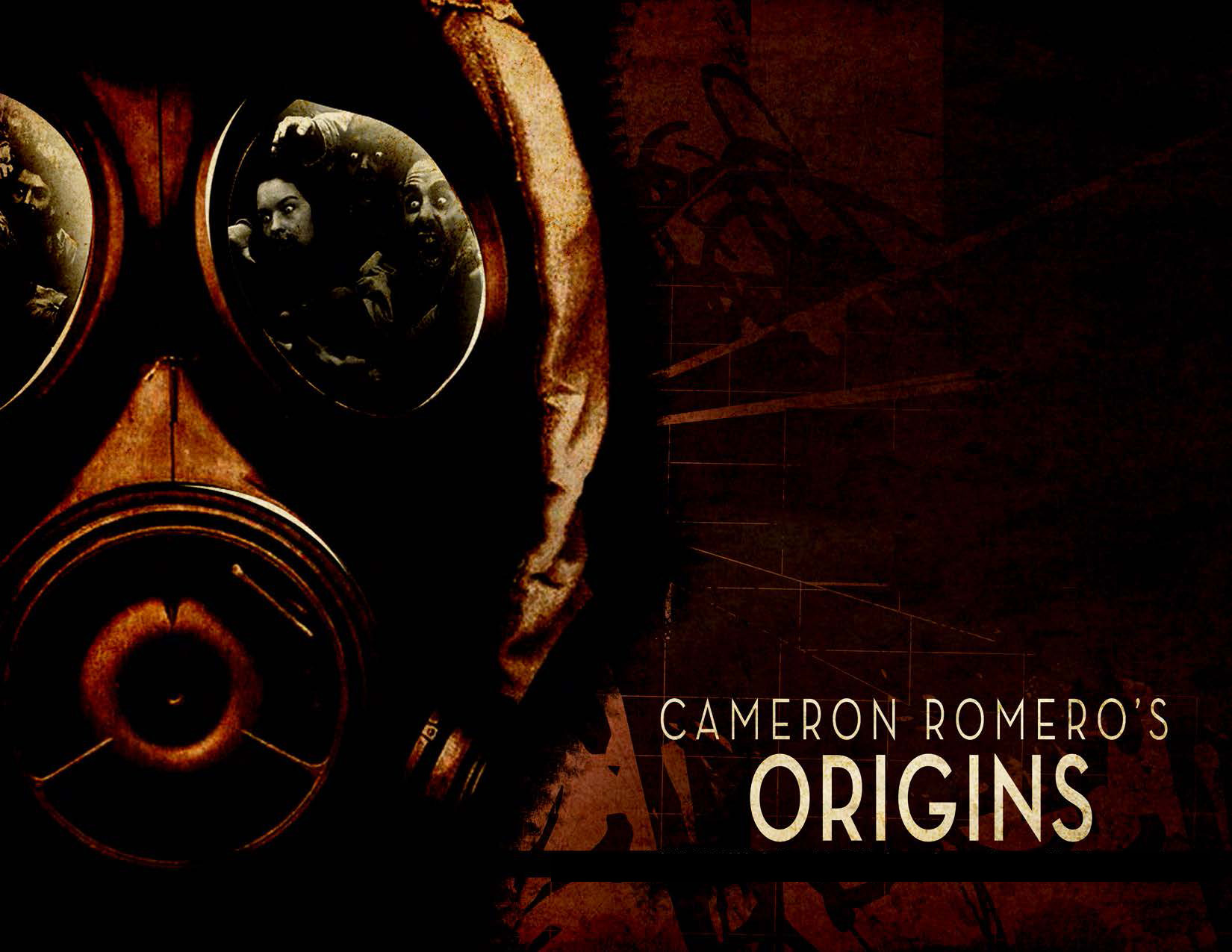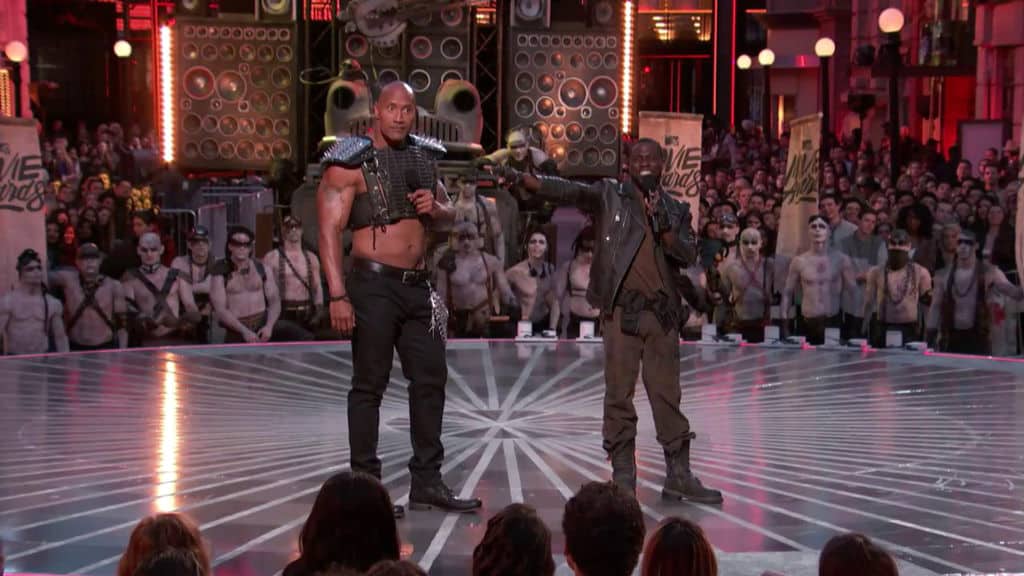 Inherent Vice
Inherent Vice
Written for the screen and directed by Paul Thomas Anderson
USA, 2014
It’s not just that Paul Thomas Anderson’s movies tend to defy any one genre description; it’s that, often, it seems as if the writer-director is trying to play with many genres simultaneously. The only reason that Boogie Nights isn’t the best drama of the 1990s is that it spends a lot of time trying to be the best comedy of the 1990s instead. So Anderson’s newest, Inherent Vice, is a departure in that it mostly sticks to one style (sun-drenched film noir) and one tone (absurdist comedy). It’s also a fine film, which suffers only when measured against the insanely high standard that Anderson’s past work has set.
With Inherent Vice, Anderson adapts Thomas Pynchon’s novel of 1970 Los Angeles, wherein Larry “Doc” Sportello (Joaquin Phoenix) works as the city’s most doped-up private investigator. When his old flame Shasta (Katherine Waterston) tells him about a scheme that she’s mixed up in, he finds himself trying to solve several interconnected cases at once, all while dodging an LAPD detective with dreams of stardom (Josh Brolin). The most obvious comparison for this plot is the Coen brothers’ The Big Lebowski, in which another constantly stoned PI also tried to find his way through the ins and outs of a case so complicated that it might have come straight from the pen of Dashiell Hammett.
However, while the story of Jeff “The Dude” Lebowski was told with the benefit of hindsight that the revolution is over and the bums lost, Doc is watching the revolution lose with his own eyes, in slow motion. By the time this film takes place, the political dreams that put motivated hippies on the streets for the Democratic National Convention in Chicago have been slaughtered by two years of Richard Nixon’s presidency. The FBI is a character here, as is a black nationalist played by The Wire’s Michael Kenneth Williams, but they each only get one scene and the revolutionary implications of their characters could not be less important. Every ideal that any character in this film might once have had has been drowned in a wave of free sex and cheap drugs.
Playing a man desperately trying to ride that wave, Phoenix has to be seen to be believed. Slurring his lines in one scene, hyper-alert with drug-induced paranoia in the next, he is as committed to incoherence as Daniel Day-Lewis in There Will Be Blood was committed to businesslike intensity. Again, Jeff Bridges’ work as The Dude covered similar ground, but Phoenix’s acting here feels more lived-in, as thought Doc is experiencing his greatest freak-out in real time (as opposed to The Dude perpetually re-living a great freak-out that happened two decades ago). In a great many scenes where important twists in the film’s plot are revealed, it’s impossible to say whether Doc is making complicated connections in a grand criminal conspiracy, or he’s forgotten the name of the person speaking to him – look at Phoenix’s wild eyes and you might think that both are happening at once.
Thanks to that amazing performance and the dreamy score by Jonny Greenwood, Inherent Vice possesses a hallucinatory quality that makes many scenes difficult to take at face value. The film has multiple characters who could be read as non-existent, except as ongoing hallucinations of Doc’s. A number of Doc’s lines, and a few lines that other characters deliver to him, make no sense except as figments of Doc’s stoned imagination. While this quality is perfectly on-tone for the comically squalid City of Angels that Pynchon imagined, it marginalizes the story’s stakes and consequences just a bit when translated to the big screen. Doc seems to think that he’s in a life-or-death situation, and the audience is never quite there with him.
Though Inherent Vice is expert filmmaking, Anderson has set the bar so high for himself that it cannot be considered his best film. It wants the epic sprawl of Boogie Nights but can’t quite deliver, and the stakes feel lower here than in There Will Be Blood. On the positive side, this is easily Anderson’s funniest film, and Phoenix delivers a performance that is on a higher plane than even his superb work in The Master. Even if Anderson is not able to top himself each time out of the gate, with Inherent Vice he has delivered a movie that the average filmmaker would be proud to call the best of a career.
– Mark Young
(originally published Oct. 6 during our NYFF coverage)






